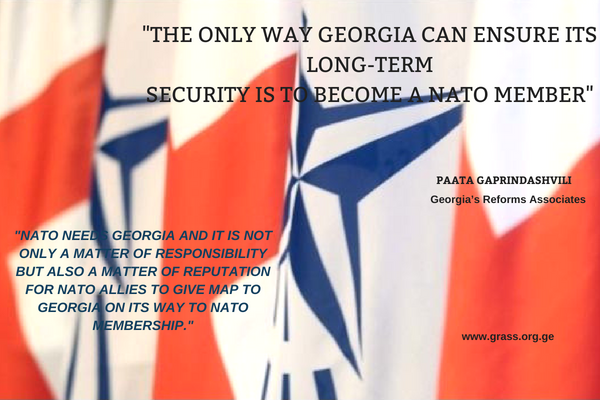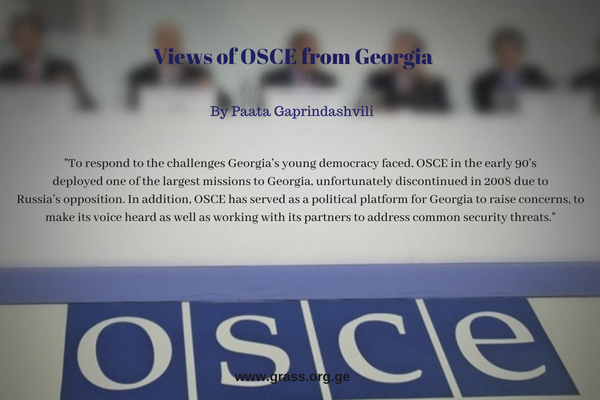How Russia destroyed Georgian churches in 2008

07 August, 2022
0
Introduction
Holy Dormition Cathedral of Moscow Patriarchate in Kharkiv, the church in Irpin near Kyiv, Svyatagorsk Monastery (lavra) in Donetsk, and the Holy Trinity church in the city of Zhovkva were bombed by Russia in the first days of the invasion of Ukraine . Since then, dozens of other churches and holy sites have been bombed despite President Zelensky’s call that the churches are used as a shelter for civilians, including children.
A bigger shock to the Orthodox Christian World came when Russia’s Patriarch Kirill ‘’blessed” the war. He justified the war as a metaphysical fight against sin, against immoral Western values, and a “gay pride parade” forced on the people of Donbas, on whose behalf Kremlin had launched a “special military operation.” Kirill claimed that people in Donbas were suffering for their “fundamental rejection of the so-called values that are offered today by those who claim world power.” Similar spiritual and cultural sentiments were visible in Putin’s speeches too. Before launching “special military operation” on 24 February 2022, Putin referred to Ukraine as an “inalienable part of our own history, culture and spiritual space.”
According to UNESCO, at least 53 Ukrainian cultural sites have been damaged by Russians since 24 February, including 29 religious sites, 16 historic buildings, four museums and four monuments.
Thinking back to Russia’s invasion of Georgia in August 2008, striking similarities could be drawn. First, Putin rhetorically highlighted cultural and spiritual links with Georgia; shortly afterwards, Russian bombs destroyed Georgian cultural sites. Neither then nor now did the Russian Orthodox Church protest the destruction of the Christian sites of historical value.
In 2013 Putin thanked Georgia’s Patriarch Ilia II “for doing everything … to maintain the humanitarian, spiritual and cultural ties between our fraternal peoples.” In 2008, he rejected Patriarch’s appeal not to recognize the Georgian regions of South Ossetia and Abkhazia as independent states. Russia’s recognition occurred a day after Patriarch’s request.
In 2008 Russia bombed 14 religious and cultural monuments and damaged seven cultural heritage sites after the hot phase of military activities was over. These monuments and sites have been abandoned since risking further demolition.
This paper is a reminder of Russia’s barbaric behaviour. In this paper, we collected, examined and analyzed Russian bombed Christian sites in Georgia in 2008 and described the conditions of other damaged sites located in the areas now occupied by Russia. This paper also describes the monuments that underwent inappropriate “rehabilitation works” that erased Georgian traces.
The information below is accurate to the best of our knowledge because the Government of Georgia or other international or local experts can't verify the conditions of cultural heritage sites in the Russian-occupied regions. The information below about the damaged and abandonment monuments located in the area of bombardment in the Tskhinvali region/South Ossetia is based on the reports from the local inhabitants and museum staff, the data compiled by UNOSAT satellite-based damage assessment for cultural heritage monuments in the immediate aftermath of the 2008 war and other credible international reports.



